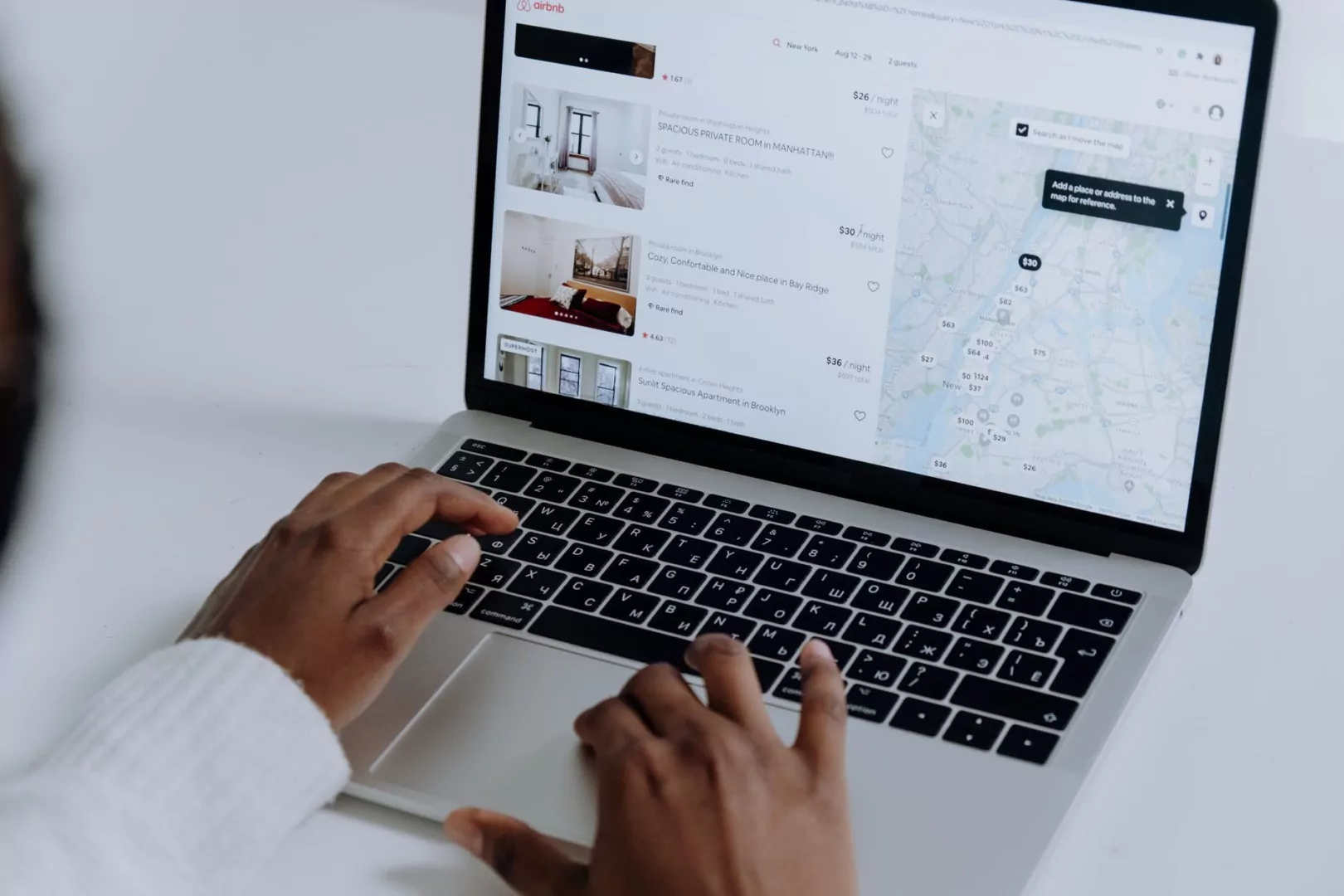Airbnb must operate in Romania according to clear rules of operation, which currently do not exist, according to the president of the Federation of the Romanian Hotel Industry (FIHR), Călin Ile, quoted by Agerpres.
Urmărește mai jos producțiile video ale Economedia:
- articolul continuă mai jos -
“Airbnb is unfortunately not yet regulated in Romania. We are having a discussion through HOTREC (the European HoReCa employers’ association, editor’s note), of which the federation I lead is a member, and we are trying to take from the good practices that other cities have managed to implement and reach a fair relationship between the sharing economy and the hotel industry. We are talking about 12,000 quality hotel rooms in Bucharest and sometimes we get up to about 8,000 rooms on AirBnb. Of course, the occupancy rate differs, the time of sale differs, we can’t say it’s a competitor, but Airbnb has to come in and play by some rules. At the moment there are no such clear rules for Airbnb,” Ile told AGERPRES.
The FIHR president added that the rules Airbnb must follow are more about customer safety, not about increasing taxation.
“Airbnb also brings good things, it made us enter the lifestyle segment, into the design area, it made us diversify. What we’re asking is to play by the same rules, and we’ve seen that this is possible in many capitals. For example, in Paris you can’t have more than five rooms in Airbnb, you can’t rent more than a certain number of days per year, because then you go into legal business. And we will take their example to see what can be implemented in Romania. After all, it is also a safety measure that Airbnb should have some clarification, not necessarily in the spirit of higher taxation, but in the spirit of control, monitoring and safety,” said Călin Ile.
The leader of the employers’ organization estimated that the hotel industry in Bucharest will return in 2024 to the level of revenue generated in 2019.
“The hotel market in Bucharest has gone through hard times, but it is recovering, it is coming with new investments, and this shows the confidence we can have in a destination that, unfortunately, has not developed as it should, but which has fantastic potential and which we hope to exploit as soon as possible. (…) All over the world they are looking at what has changed and where this industry is going. Overall, confidence in the industry has returned. The expectation is that in 2024, globally, tourism will generate the revenues it generated in 2019. It has diversified a lot, hotel products are niched a lot to cater to each consumer segment. There are certain expectations specific to the millennials segment, there are expectations specific to families, or seniors going on holiday, and accordingly hotel offerings are emerging to address these expectations. There is still a need for quality rooms in Bucharest. Bucharest has somewhere around 12,000 rooms, and Bucharest in 2019 had 2.3 million tourists, of which 1.4 million were foreigners. Our estimates are that by 2024 at the latest, (…) the hotel market in Bucharest will be at least at the 2019 level. So, by then we will recover all this loss that we have recorded in the pandemic years,” Ile said.
The head of the FIHR explained that the pandemic has radically changed the expectations of hotel guests, and their requests on the digital area have increased.
“Today’s customers come with changing expectations: it is clear that the pandemic has radically changed the expectations of our customers, it is clear that today’s customers are looking for security, they are looking for trust, they are looking for digital elements. Overall, people are expecting to go more digital, to have a simpler and less interactive process of doing the process, from the moment of booking to the moment of check-out, or even to the moment of feedback, which is also extremely important for us. Digital also means great wi-fi. Customers will want digital in the process of ante and post stay, booking and remote interaction – booking, billing – but when they are in the hotel, during their stay, they want a service tailored to their expectations, personalised. In Romania too, the customer still expects a service, a good personalization of the service they receive. Customers expect the sanitary safety that a hotel chain brings with all the rules and procedures and standards, safety against terrorism and all the safety elements are on the customer’s top list,” said Călin Ile.
The leader of the hotel employers’ organization recently attended an event to launch a new hotel in Bucharest.

 Sursa foto: Pexels
Sursa foto: Pexels





























